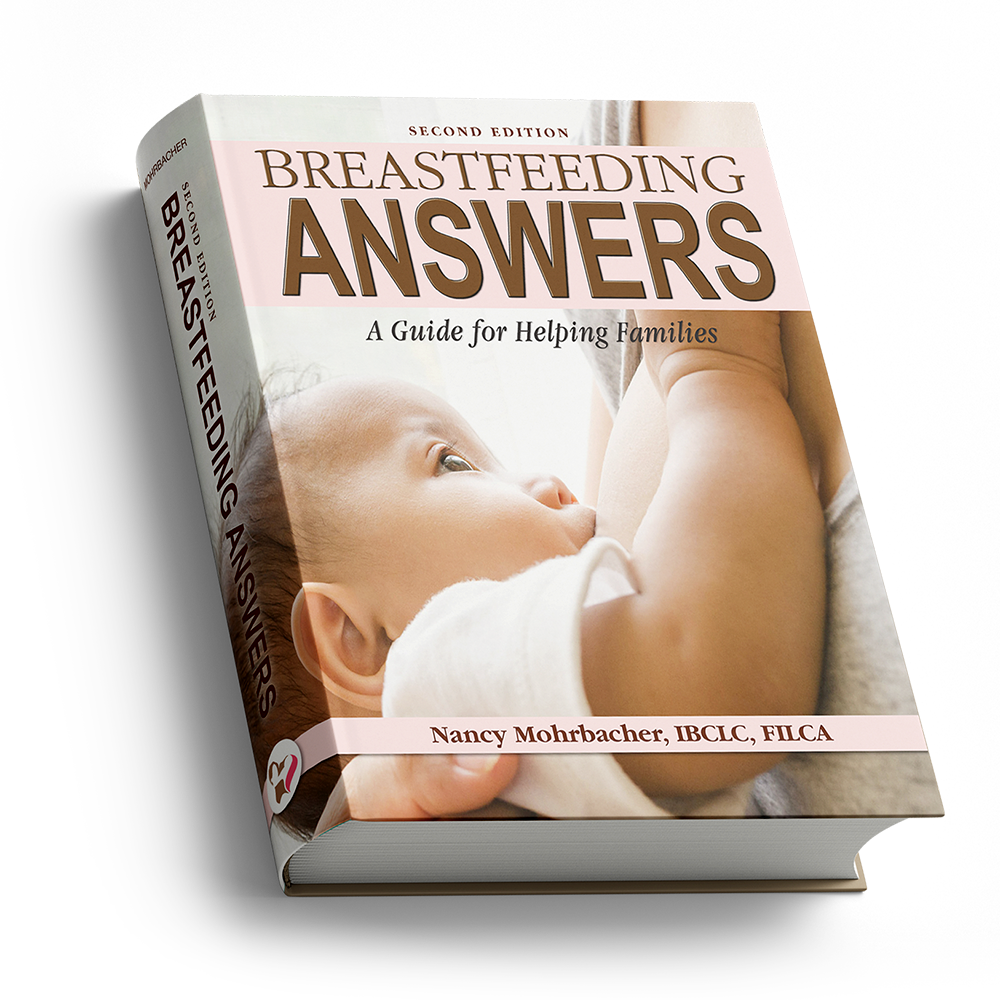Marissa's Story: Empowerment in Action
/“Never doubt that a small group of thoughtful, committed people can change the world. Indeed, it is the only thing that ever has.” --Margaret Mead
How does change happen? Sometimes it takes just one person to be the catalyst. One example is the developing Mother’s Milk Bank of the Western Great Lakes, whose major mover-and-shaker happens to be a mother from my Leche League group.
Her name is Marissa and she began attending my group when her daughter Aria was a baby. Employed full time as a project leader, Marissa benefited from hearing other employed nursing mothers’ experiences at meetings. Breastfeeding went smoothly with Aria. Not so with her second baby.
At 37 weeks of pregnancy, Marissa’s high blood pressure raised concerns about preeclampsia and led to the decision to induce. Marissa wrote:
“On May 1st, at 3:23 am, our beautiful baby boy Lennon was born, clocking in at 4 pounds, 5 ounces (1956 g). Within 30 minutes, Lennon was nursing and snuggled skin to skin with mama. After an hour or more, the nurses did a blood test and identified his blood sugar levels as low. They brought me a bottleMarissa & Lennon in the NICU of formula and instructed me to give him the formula to try to boost his blood sugar. A few minutes later he was taken to the NICU for monitoring and treatment.”
The nurse told Marissa that Lennon would be fed formula on a 3- to 4-hour schedule and that she was welcome to feed him the bottle. When she asked if she could breastfeed him, the nurse told her no, it would take too much energy in his weakened state and the time breastfeeding would take would interfere with the feeding schedule.
Marissa began pumping to encourage more milk flow. The next day she was told she could breastfeed Lennon after he was bottle or tube-fed formula, but he was usually asleep or disinterested after being given so much formula.
Lennon spent his first 6 days in the NICU until his blood sugar levels stabilized. During this stressful time, Marissa discovered that some nurses were more open to breastfeeding than others. Some let her breastfeed before the formula feedings. Others did not, even banning the lactation consultant from the NICU, when she agreed to help Marissa learn to use an at-breast supplementer to provide formula at the breast.
Marissa learned that at that hospital NICU, whether a baby was critically ill or like Lennon had a milder condition, the staff’s actions and the hospital’s policies actively discouraged breastfeeding.
After hospital discharge and over time, Marissa began to question her experience. She wondered why the hospital recommended formula for at-risk babies instead of providing donor human milk, which leads to better health outcomes. She asked me and others in our local breastfeeding community why we hadMarissa and Lennon now no local milk bank.
There was no good answer to that question. Chicago had no milk bank because no one had yet made it happen, so Marissa decided to become its driving force. With her experience as a project leader, she had the perfect skill set. Within a few months, she rallied those of us in Chicago who shared the dream and met with a Wisconsin organization that had been a donor milk depot for the Ohio milk bank since 2005. She successfully pulled us together into a passionate, cohesive group focused on bringing our developing milk bank to fruition.
When faced with a wrong that needs righting, what can one person do? Many of us underestimate our ability to make a difference. Marissa’s story is one example of how one person really can change the world.





